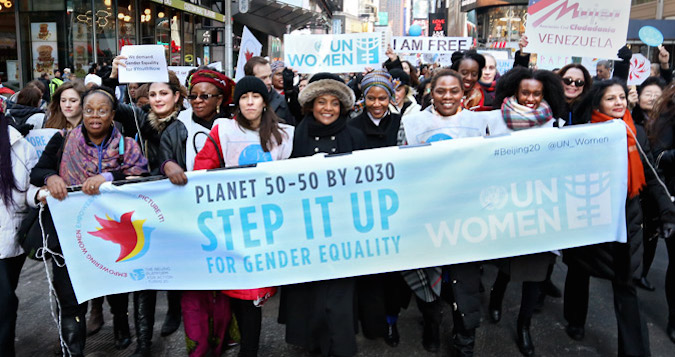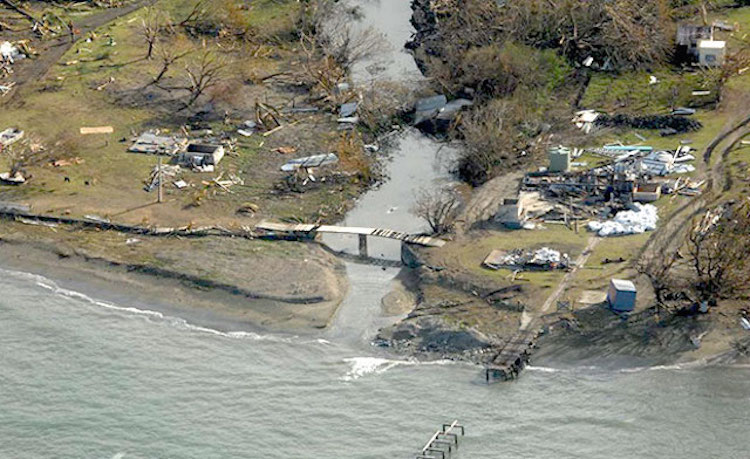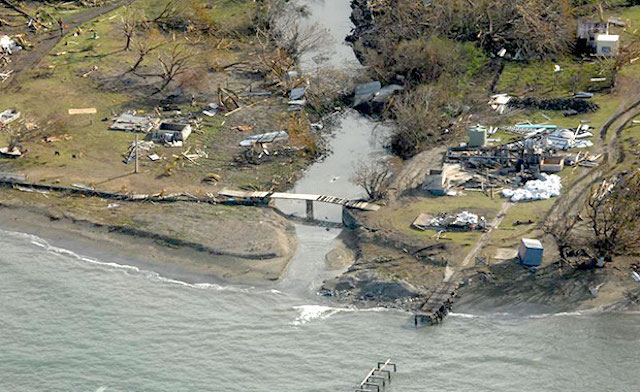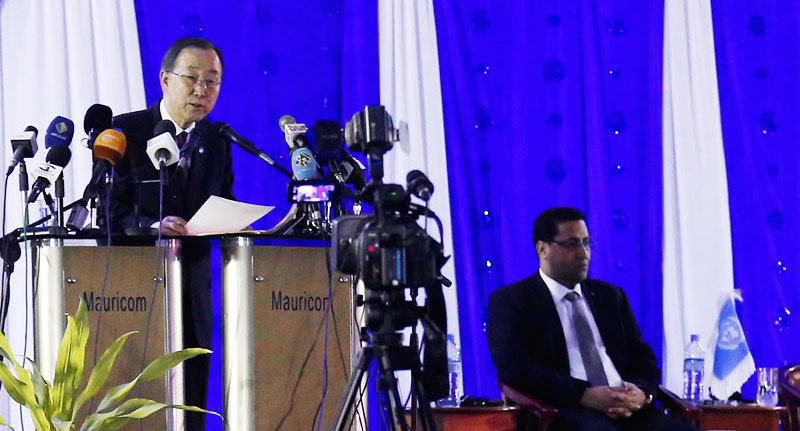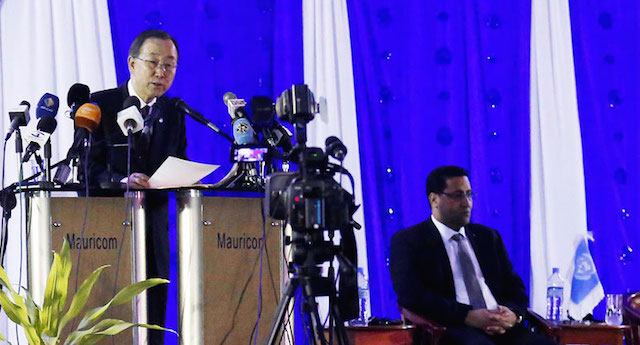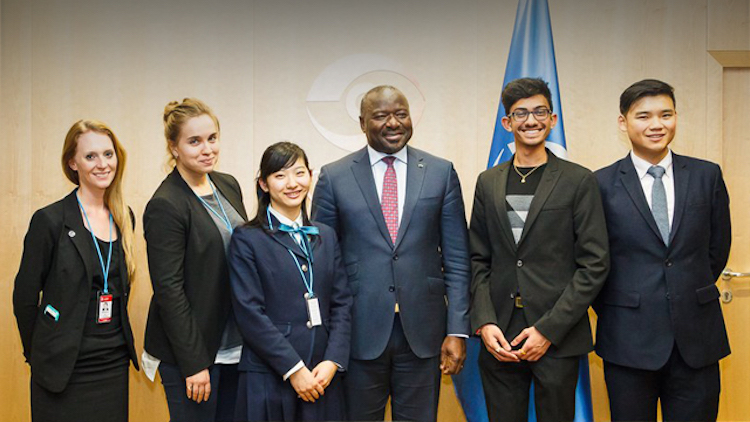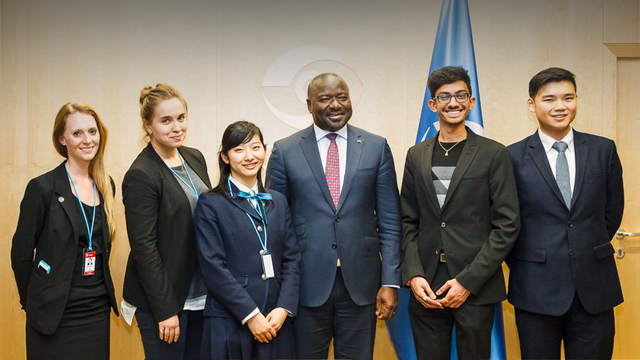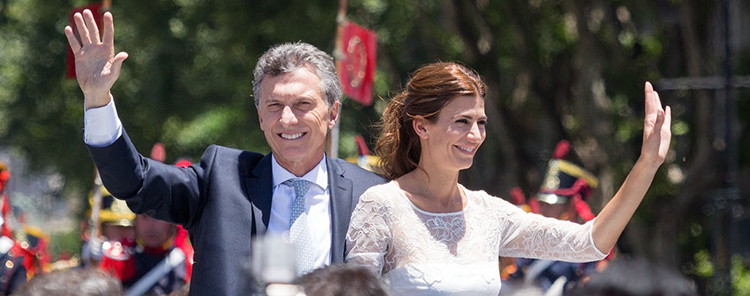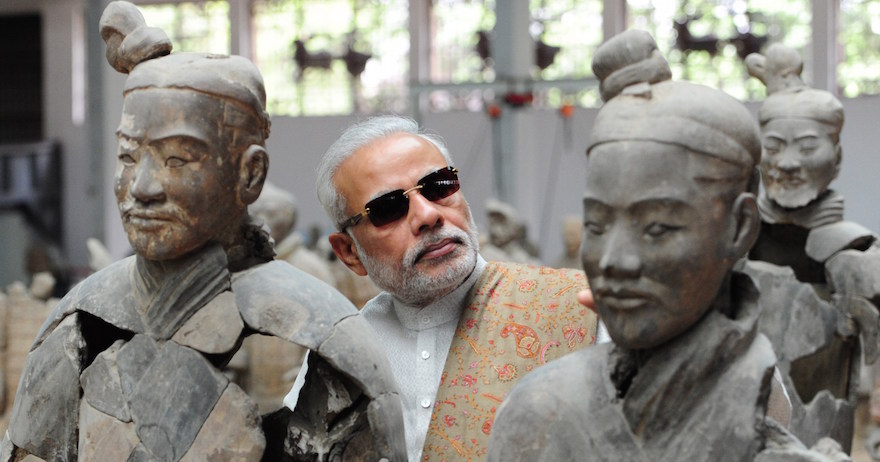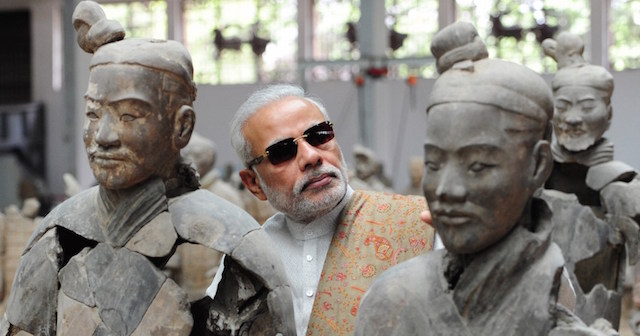BERLIN | NEW YORK | HAMBURG (INPS | World Future Council) – In a powerful joint statement, members of the World Future Council have urged governments, international organizations, humanitarian actors and civil society to step up action to protect refugee women, children and unaccompanied minors from violence.
Signatories including former Minister of Foreign Affairs of Ecuador María Fernanda Espinosa, Executive Secretary, UN Convention on Combating Desertification, Monique Barbut, Nobel Peace Prize Laureate Scilla Elworthy, former Member of Parliament Tony Colman and Co-Founder of ‘Rising Women Rising World’ Rama Mani, called on world leaders to introduce comprehensive legal measures and services to ensure women’s and children’s safety in transit and reception facilities.

